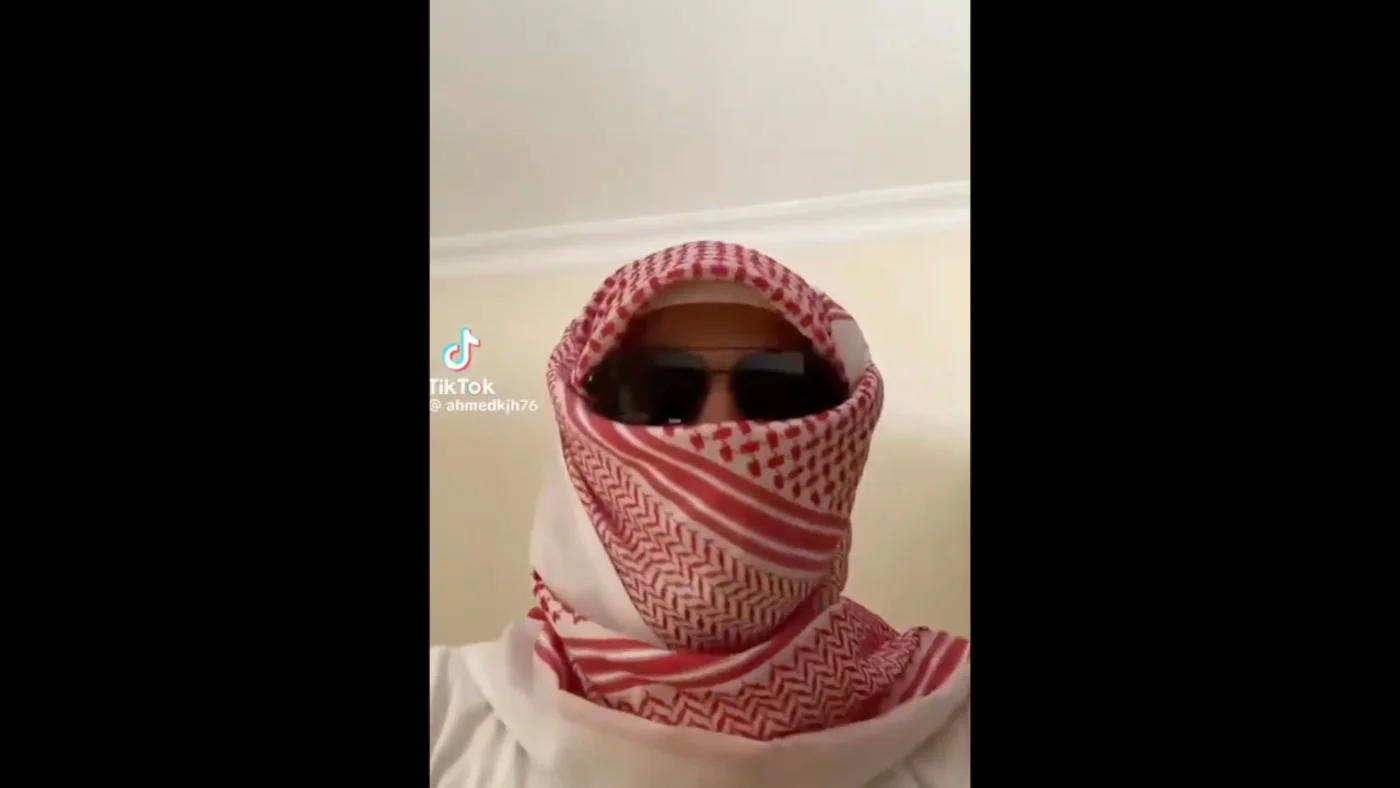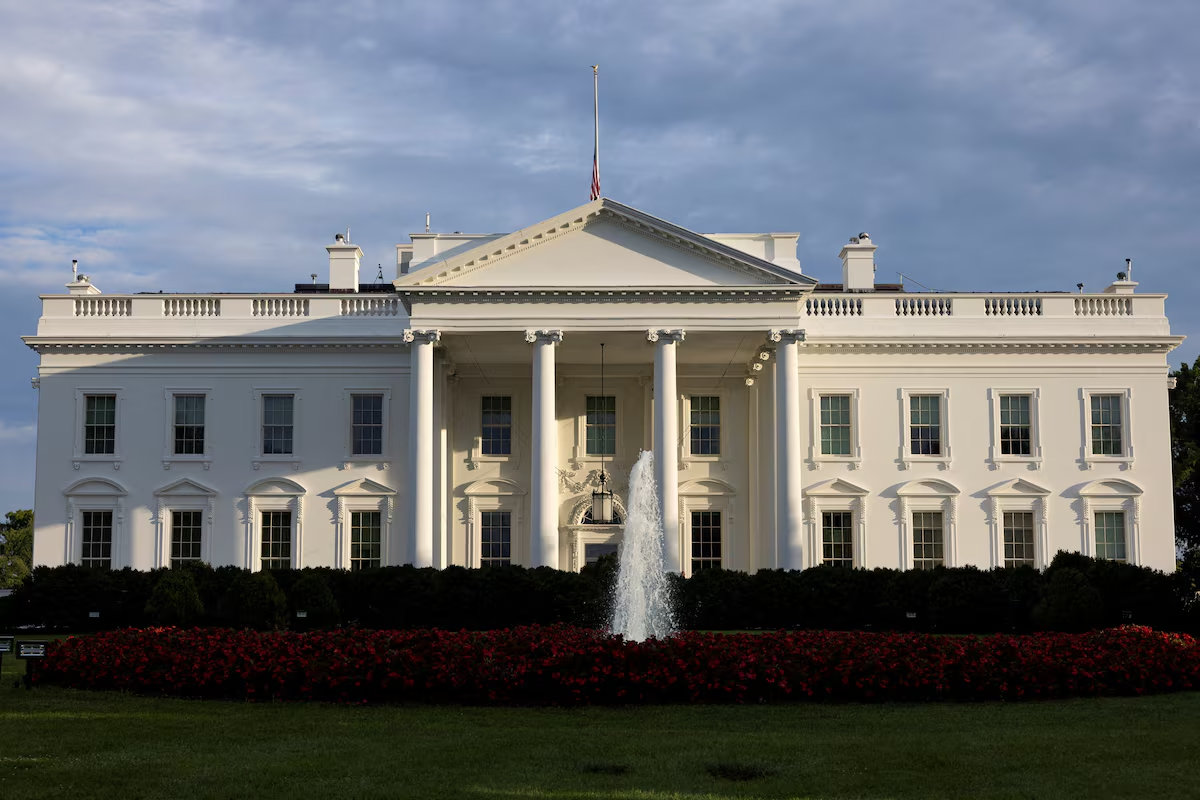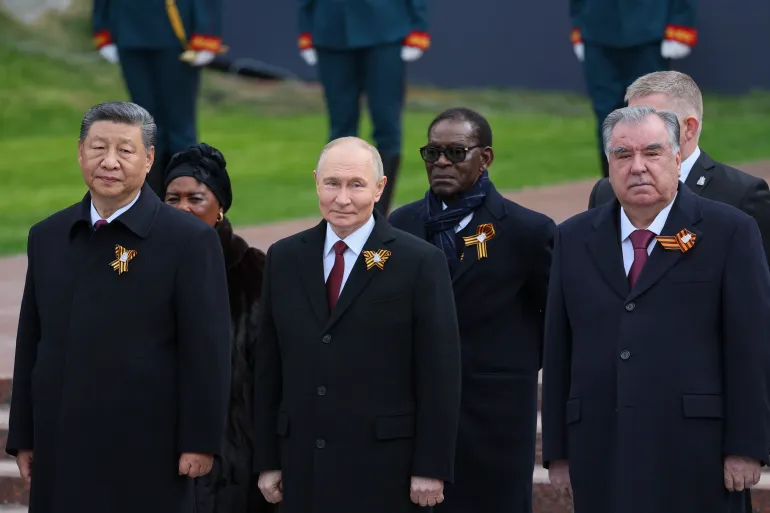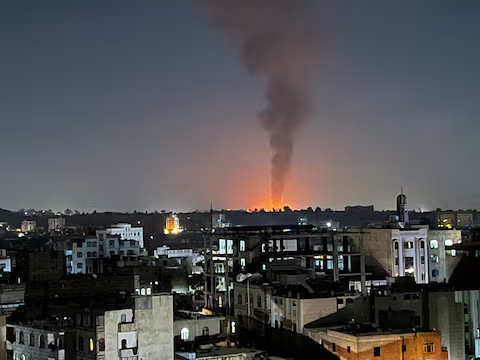A group of masked Saudi youths has ignited a viral online campaign demanding an end to the rule of Crown Prince Mohammed bin Salman (MBS), in what analysts are calling the most visible domestic act of digital dissent in years. Shared widely on social media platforms like X and TikTok, the videos show the youths wearing masks while criticizing the kingdom’s leadership and calling for democratic reforms.
“We are the voice of a silenced generation,” one of the masked speakers declares in a widely circulated clip. “We don’t fear jail — we fear living without dignity.”
The movement, which appears decentralized and anonymous, is gaining traction under the Arabic hashtag translating to #EndTheCrown, drawing support both from within the kingdom and the wider Arab diaspora.
🧕 Youth-Led Rebellion in a Digital Era
The campaign is fueled by young Saudis frustrated with repression, unemployment, censorship, and inequality. Though the kingdom has made strides in entertainment, infrastructure, and women’s rights under MBS’s Vision 2030, critics say these changes come without political freedoms or accountability.
In the videos, participants — male and female — accuse the Crown Prince of consolidating absolute power, jailing critics, and fostering a culture of fear and surveillance.
“This isn’t modernization. It’s a golden cage,” one protester says, referring to the rapid social changes that have not been accompanied by freedom of expression.
🚨 Riyadh Responds with Repression
Saudi authorities have not officially commented, but observers report a surge in digital surveillance, arrests, and account suspensions since the videos began circulating. The Ministry of Interior is reportedly coordinating with the cybersecurity agency to track down users sharing or engaging with the hashtag.
State-linked media have begun to frame the movement as foreign-funded disinformation, echoing previous tactics used to discredit dissent during the Arab Spring and the Jamal Khashoggi affair.
“This is an attempt to destabilize national unity,” said a pro-government columnist. “We will not allow imported chaos.”
🌍 International Reactions and Risks
So far, the movement has not led to physical protests inside the kingdom — a country where public demonstrations are banned and dissent is often met with swift and harsh punishment. Still, the campaign has raised eyebrows abroad, especially among human rights organizations and activists who say it shows cracks in the façade of stability.
Groups like Amnesty International and Human Rights Watch have called on Riyadh to respect digital freedoms and warned against retaliation against participants or their families.
“These voices reflect real fear and frustration,” said a Middle East researcher. “They deserve protection — not persecution.”
What to Watch
- Saudi Arabia’s cybersecurity crackdown and possible mass arrests
- Whether the digital dissent translates into physical mobilization
- Response from Crown Prince Mohammed bin Salman or the royal court
- Regional solidarity or pushback from neighboring Gulf states
- Broader impact on Vision 2030’s legitimacy and Saudi global image
While Saudi Arabia has long crushed dissent in its streets, this movement shows that resistance is evolving — and migrating online. Whether it endures or is swiftly dismantled, the masked voices now echo across timelines, challenging the kingdom’s carefully curated image of unity and unquestioned rule.
Source; Middle East Eye



